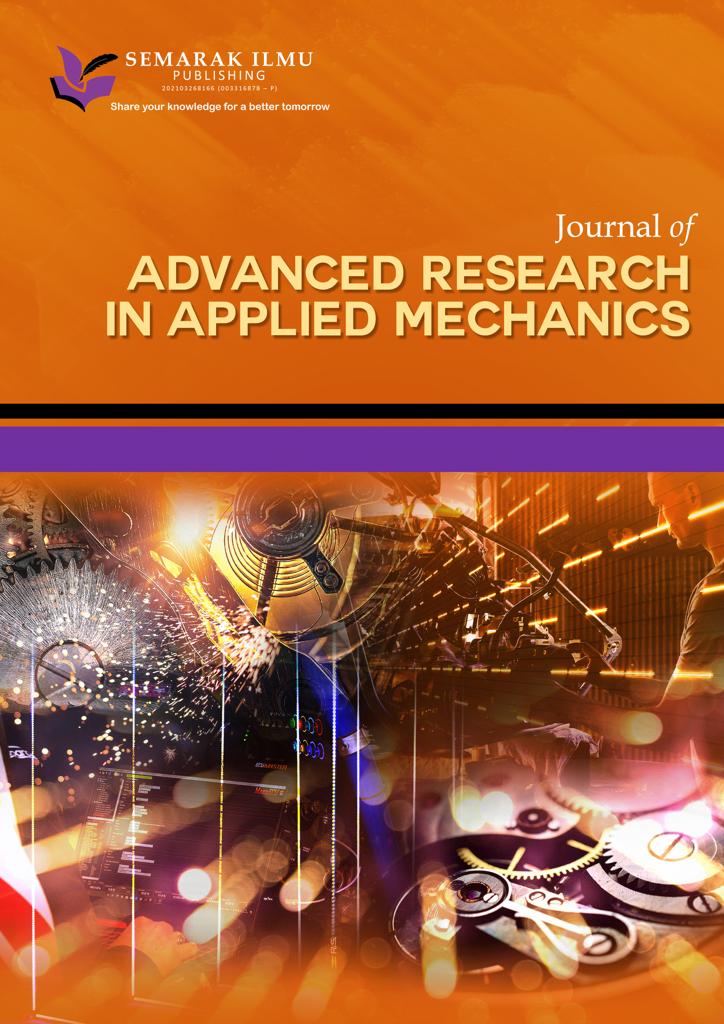The Optimization of Chillers Air-Conditioning in Thailand Supermarkets using a Retail Energy Management System (REMS)
DOI:
https://doi.org/10.37934/arfmts.118.2.6273Keywords:
Retail energy management systems, big data, artificial intelligence, Internet of Things, energy efficiencyAbstract
Supermarkets in Thailand continue to grow and there will be more than 1500 branches by 2023 open 18-24 hours a day. In this research, we will present how to increase energy efficiency in retail stores by reducing the energy consumption of compressors of chiller air conditioning systems by using energy management systems in retail stores. Retail energy management systems in retail stores use the Internet of Things to connect to a device to store data and analyze and process from big data, then Artificial Intelligence controls and commands to make the air conditioning system energy efficient. Controlling 10 AHUs using central sensors at the sales area instead of return sensors allows us to save 25% of energy or 12,886 kWh/Year. As for the cold-water pump, it is controlled by an inverter. By using sensors to measure the water flow rate, we save 33% of energy or 19,755 kWh/Year. When controlling the water pump and AHU, the chiller compressor will save energy because when the air handling unit and the water pump have reduced work, the work of the compressor to cool water is reduced as well, resulting in energy savings of 12% or 25,211 kWh/Day. Using such a system reduces the overall energy consumption of the chiller air conditioning system. 17% or 57,852 per year has a payback period of 3 years and can also be extended to other systems within the store or other stores.
Downloads



























